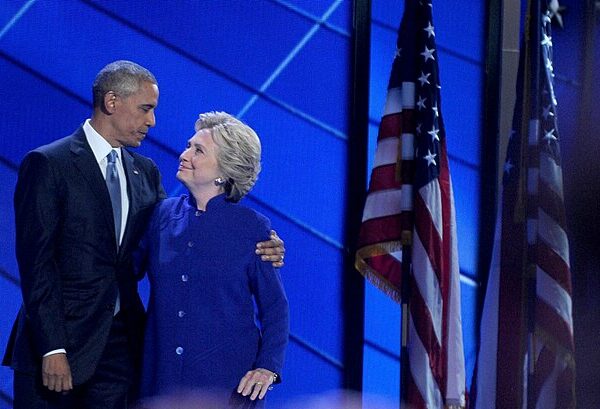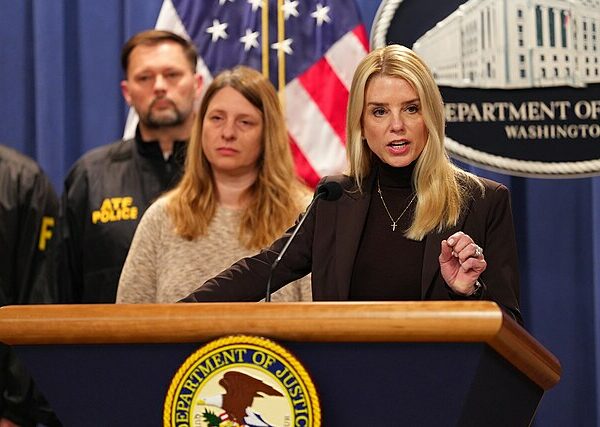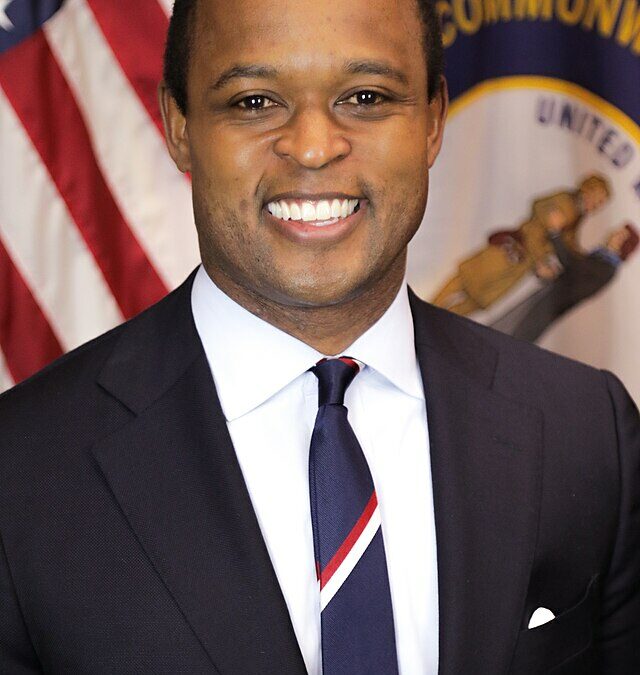
As the 2024 election season intensifies, a sense of urgency is mounting within the Republican Party, particularly among down-ballot candidates who are grappling with a significant financial disadvantage. Despite a year marked by strong rhetoric and ambitious goals, the harsh reality of campaign fundraising has left many GOP candidates scrambling to close a widening gap with their Democratic opponents.
Reports of Democrats outspending Republicans in key races have triggered alarms among party strategists, who fear that without a substantial influx of funds in the final stretch, winnable seats could slip through their fingers. With the stakes higher than ever, GOP leaders are sounding the alarm, emphasizing that the next few weeks of fundraising could determine whether they can effectively challenge the Democrats’ dominance or if they will be outpaced in crucial battlegrounds.
Politico writes that panic is starting to set in among down-ballot Republicans running in 2024.
The leader of House Republicans’ biggest super PAC told donors last month he needed $35 million more to compete with Democrats in the fall. Senate GOP campaign chair Steve Daines used his primetime speaking slot at the Republican convention to lament that massive spending from Democrats was keeping him awake at night. And his House GOP counterpart warned that their party’s challengers trailed Democratic incumbents by a collective $37 million at the end of June.
Republicans were already worried about a glaring financial gap even before Kamala Harris’ rise. Now, with the election just two months away, they found themselves in an even more dire position: Democrats have seen a flood of enthusiasm in recent weeks, they’re far outspending Republicans on air and their donors are more energized than ever — with campaign finance data showing a surge in grassroots fundraising in late July after President Joe Biden dropped out.
“The only thing preventing us from having a great night in November is the massive financial disparity our party currently faces,” said Jason Thielman, the executive director of the National Republican Senatorial Committee. “We are on a trajectory to win the majority, but unless something changes drastically in the next six weeks, we will lose winnable seats.”
They know they won’t be able to match Democrats dollar-for-dollar, but they need to narrow the deficit to stay in the game.
Time’s running out: The next few weeks of fundraising will determine whether Senate Republicans can seriously contest Democratic-held seats in places beyond the red states of Montana and Ohio — and just how much House Republicans can go on offense while still protecting the slew of incumbents they have in blue districts. They need the funds as soon as possible to communicate during early voting and make sure Democrats aren’t totally unchallenged on the air in the final weeks.
The numbers aren’t pretty for Republicans, according to The Washington Examiner.
“The Democratic Congressional Campaign Committee and House Democrats’ primary super PAC have worked together to pour nearly $3.3 million into ads targeting the vulnerable Republican in his Pennsylvania district, according to data from AdImpact.
Meanwhile, the House GOP-affiliated nonprofit organization American Action Network has spent just over $500,000 on Perry’s close race against Democrat Janelle Stelson.
Republicans in the upper chamber are not faring any better. Data from AdImpact indicate that Democrats are outspending their Republican counterparts in three-quarters of the top Senate races that will likely determine which party holds the majority next Congress.”
House Republicans are a little more optimistic regarding their chances to hold the House of Representatives and at least serve as a brake on Kamala Harris’ radical policies of seizing wealth and putting price controls on food.
Rep. Chip Roy recently told The Examiner that he thought the GOP could gain “anywhere from a similar small majority to a 15-seat-ish majority” in November.
Last July, the newspaper noted, House Speaker Mike Johnson led his party in raising $23.5 million in the second quarter of 2024, and said he hoped to pick up 10 seats in the lower chamber.
[Read More: Ukrainian National Anthem Found In Voter Software]











